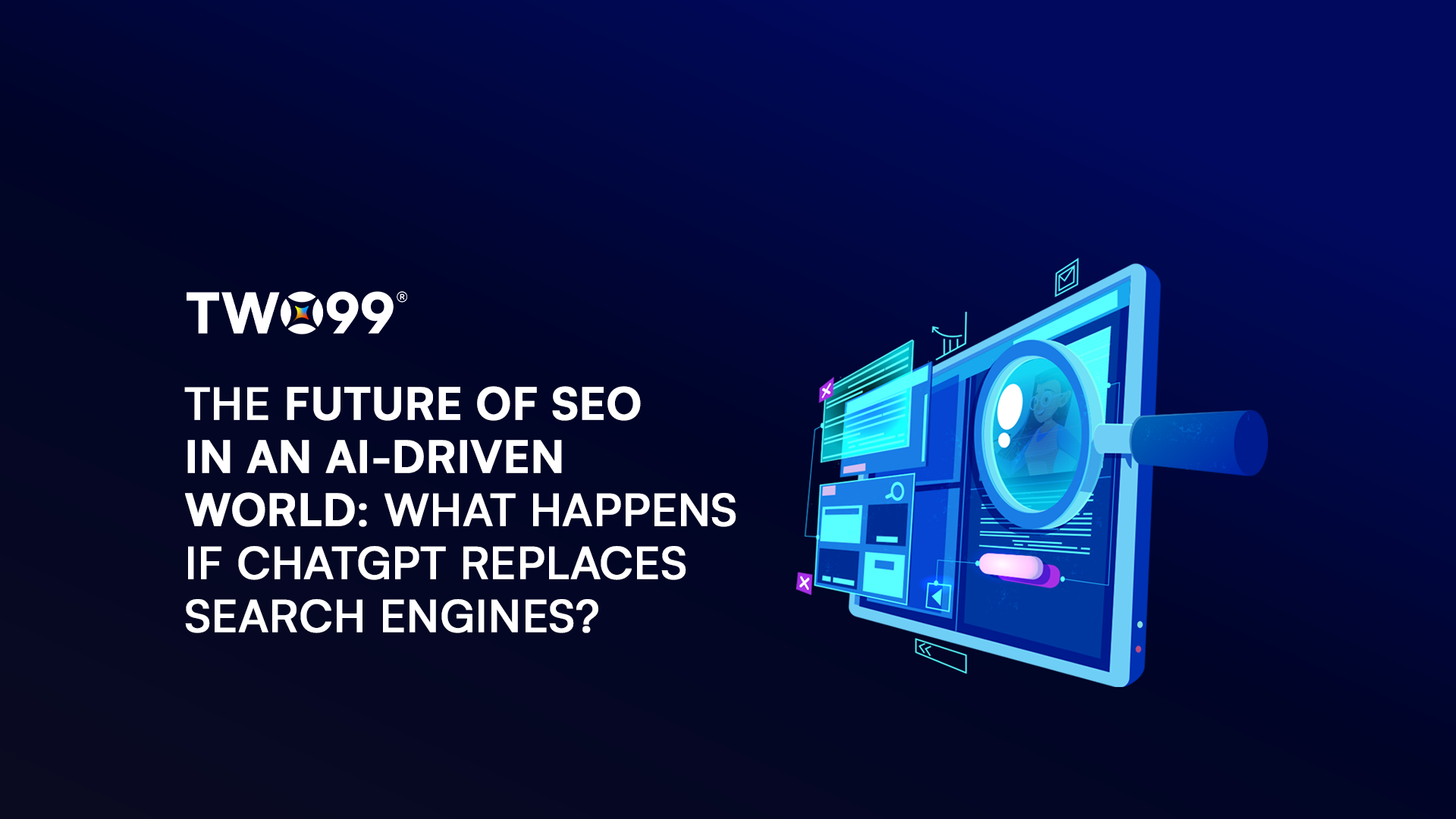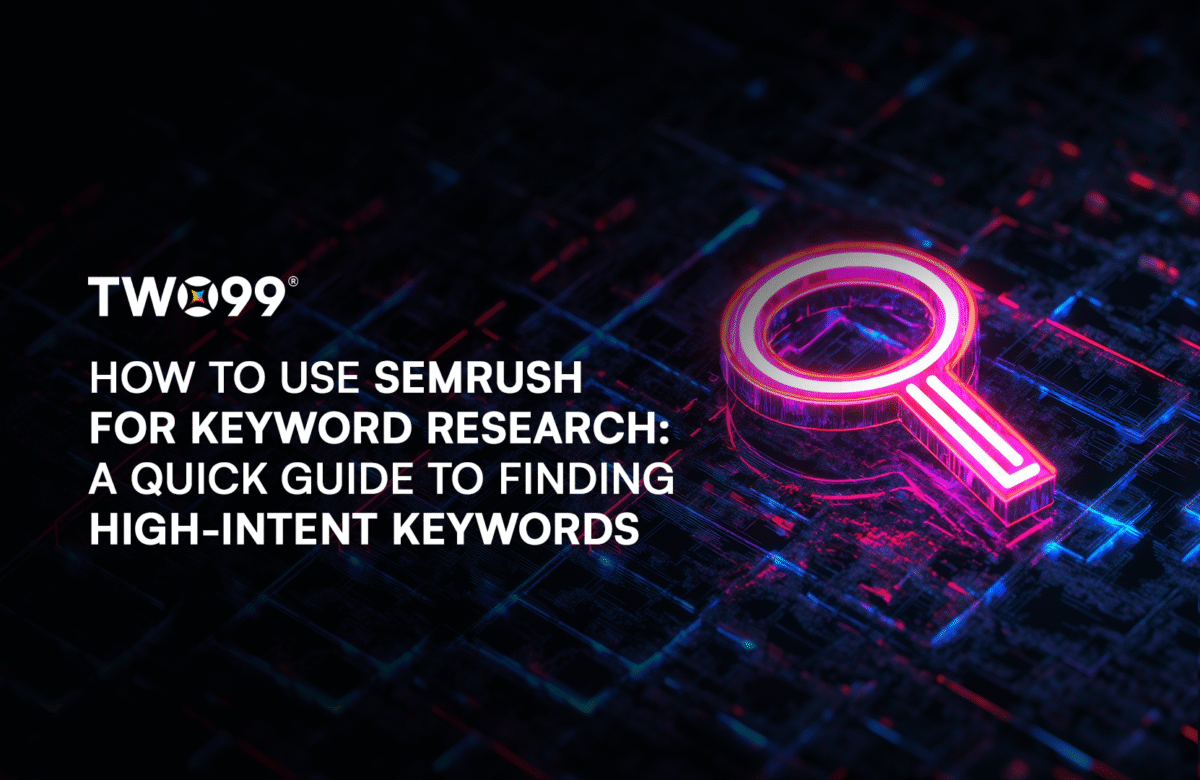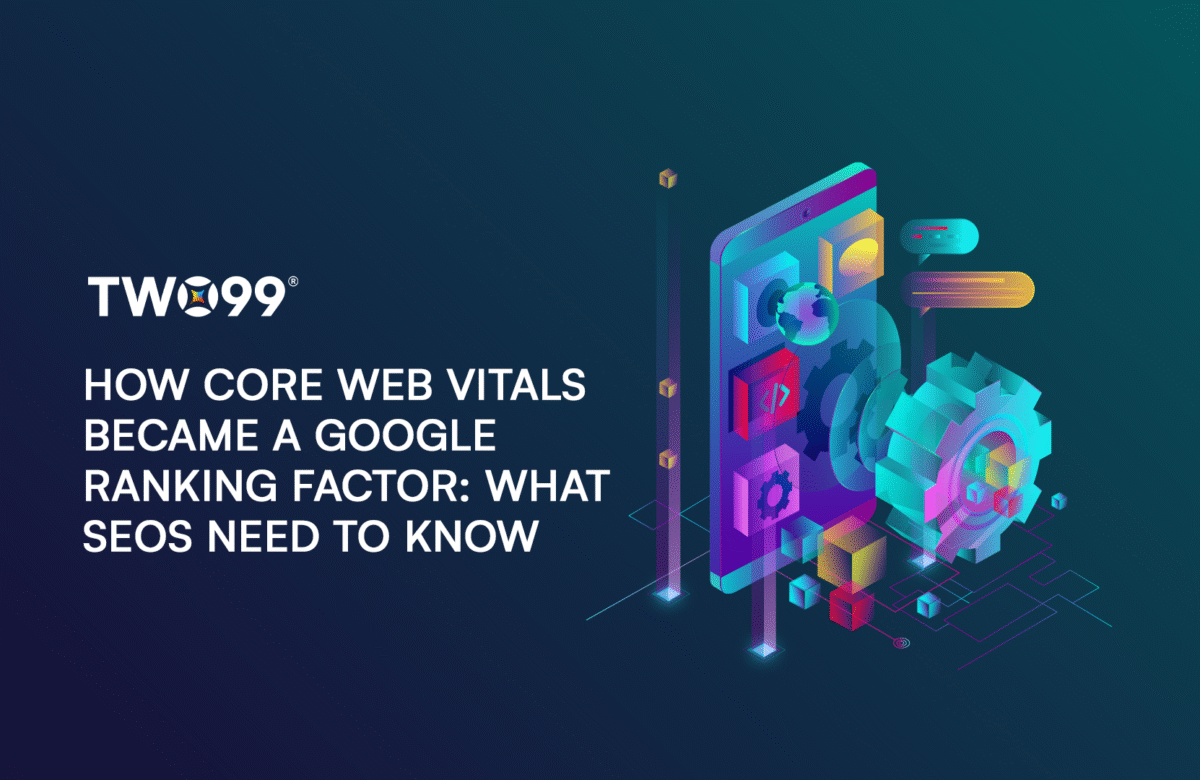The Future of SEO in an AI-Driven World: What Happens If ChatGPT Replaces Search Engines?
As artificial intelligence rapidly reshapes the digital world, the way people access and consume information is undergoing a profound transformation. With tools like ChatGPT and other generative AI platforms growing in popularity, many marketers and business owners are beginning to ask a critical question: What is the future of SEO if AI replaces traditional search engines?
It is a valid concern. Search engines have long been the cornerstone of digital marketing. Every optimization strategy, content plan, and ad campaign has been built around how Google ranks pages. But what happens when users no longer search in the traditional sense? What happens when they simply ask a chatbot and receive instant, well-structured answers without clicking on any links?
This article explores the future of SEO, how AI tools like ChatGPT could disrupt conventional search behavior, and what this means for businesses, marketers, and content creators. If you’re wondering about the future of search engine optimization, the future of the SEO industry, or the future scope of SEO in 2025 and beyond, this guide offers insights and practical direction.
Understanding the Shift: From Search Engines to AI Assistants
To predict the future of SEO, we must first understand the nature of the shift. Traditional search engines like Google rely on crawling, indexing, and ranking billions of web pages. Users type a query, scan through links, and decide what to click. This model rewards websites that are well-optimized for keywords, user experience, and backlinks.
AI-powered tools like ChatGPT operate differently. Instead of sending users to a list of web pages, they generate responses by synthesizing information based on vast training data. The goal is not to show options, it is to provide answers. While this is more convenient for users, it creates a challenge for content publishers: how do you ensure your information is included in those answers if there are no traditional search results?
This is where the future of SEO becomes both exciting and uncertain.
Will SEO Still Matter If AI Dominates?
The short answer is yes, SEO will still matter, but it will evolve significantly. The future scope of SEO is not about abandoning optimization but adapting it to new platforms, interfaces, and user behaviors.
Search engine optimization will need to align with AI behavior. Just as we once optimized for how Google crawls content, we will now need to consider how AI tools understand, extract, and generate content. In many ways, the future of the SEO industry will involve a deeper collaboration between human creativity and machine intelligence.
Here are some trends that define the evolving landscape:
1. SEO Will Focus More on Semantic and Contextual Content
With AI models growing more advanced, keyword stuffing and basic optimization tactics are no longer effective. AI tools value context, structure, and clarity. This means SEO strategies will shift toward semantic optimization, understanding the intent behind a query and answering it comprehensively.
For businesses, this means producing content that is well-organized, logically structured, and contextually rich. Thought leadership, FAQs, and detailed explainers will perform well, especially when written in a tone that mirrors natural conversation.
2. Structured Data Will Become Even More Important
If you want AI systems to accurately understand and surface your content, structure is key. Structured data, also known as schema markup, helps tools like ChatGPT interpret your content in a machine-readable way.
This includes marking up products, services, articles, reviews, and FAQs. By doing so, you increase the chances that your content will be pulled into AI-generated responses. In the future of search engine optimization, technical SEO will continue to play a vital role, particularly in helping AI models comprehend your site’s purpose and value.
3. Content Strategy Will Shift Toward Zero-Click Answers
Zero-click content—information that answers a user’s query directly on the platform without requiring them to visit a website—is already a reality on Google through featured snippets. AI takes this even further. Users can get entire summaries, lists, and solutions without visiting a single site.
To stay relevant, businesses must start thinking like educators and consultants. Your content should aim to become the source that AI tools reference, even if it means users never land on your site. This requires building brand authority, gaining mentions across trusted platforms, and consistently publishing high-quality, quotable material.
4. Brand Authority and Digital Reputation Will Be Critical
As AI tools pull from countless sources, the credibility and reputation of your website will influence how often your content is referenced. In the future of SEO, brand trust will be a ranking factor, though indirectly.
This means that building backlinks, earning mentions in reputable publications, and cultivating positive user engagement will matter even more. The days of faceless SEO tactics are fading. Real brands, with real voices and loyal audiences, will have the upper hand.
5. Multi-Channel SEO and Visibility Will Be the New Standard>/h3>
AI-powered tools are not limited to websites. They draw from social media, podcasts, YouTube transcripts, and other digital footprints. The future of SEO in 2025 will demand a holistic approach.
This means diversifying your content. Do not rely solely on blog posts. Publish educational videos, participate in industry forums, host webinars, and create audio content. Every format adds to your brand’s visibility and makes it easier for AI tools to recognize your authority in a subject area.
6. User Experience Will Still Be a Core Element
Even if AI reduces traditional search traffic, users will still visit websites for detailed information, product purchases, or service inquiries. Your website must remain fast, mobile-friendly, accessible, and easy to navigate. User experience will continue to influence how content performs, especially when combined with AI signals about quality and engagement.
Looking Ahead: The Human Element Still Matters
Despite the increasing sophistication of AI, it is important to remember that content creation still requires human perspective. While ChatGPT can summarize data, it cannot replicate experience, opinion, or emotional intelligence. The future of SEO lies in blending human insights with machine efficiency.
Businesses that understand this balance, who use AI as a tool rather than a replacement, will continue to thrive. The goal is not to compete with AI, but to feed it the best possible content so it recognizes your brand as a valuable source.
Final Thoughts: Adapting to the Next Era of Digital Discovery
The rise of AI and tools like ChatGPT marks a shift, not an end. SEO is not dying, it is transforming. The future of SEO will be shaped by adaptability, creativity, and the ability to see beyond rankings to real audience engagement.
If your business wants to remain visible in an AI-first world, the time to adapt is now. Focus on content quality, brand authority, and multi-platform visibility. Whether users find you through a search engine, a chatbot, or a voice assistant, your goal remains the same: to provide helpful, trustworthy, and relevant information.
Ready to Future-Proof Your SEO Strategy?
At Two99, we help businesses stay ahead of the curve. Whether you’re navigating Google’s latest updates or preparing for an AI-driven future, our team of SEO and content experts is here to guide you.




